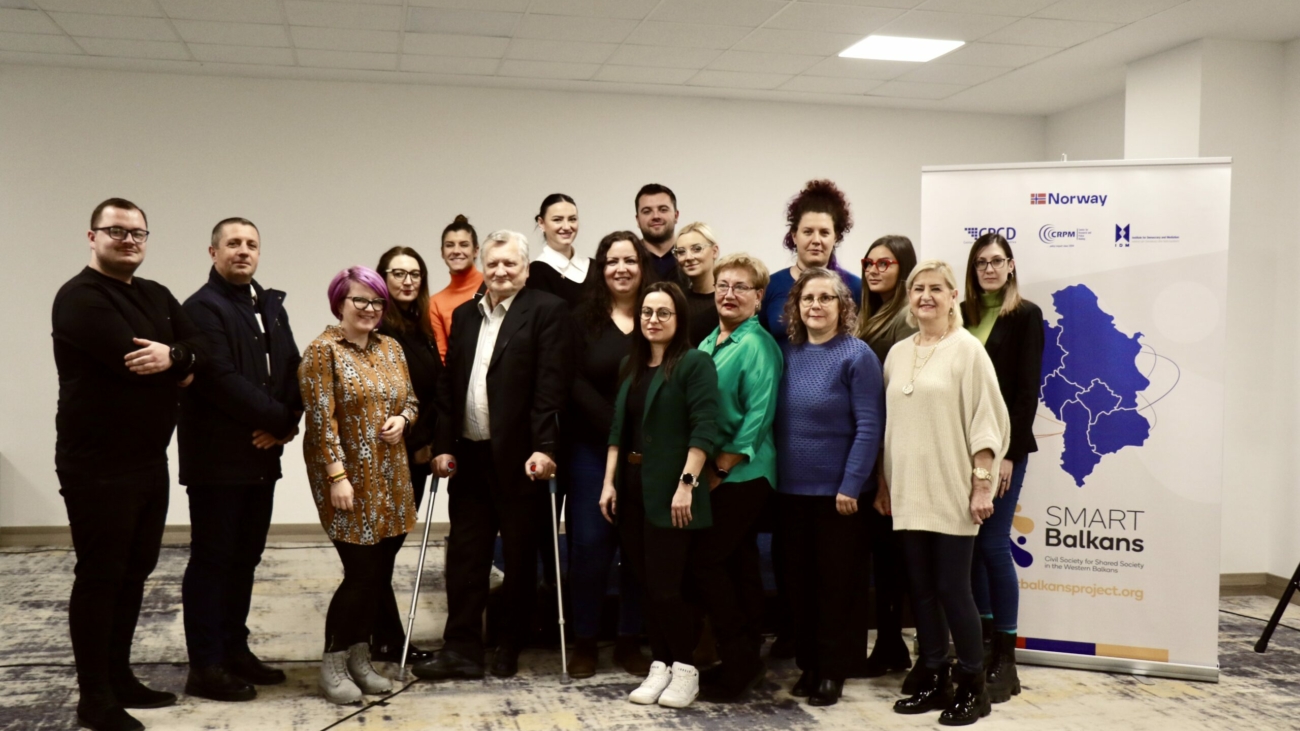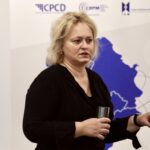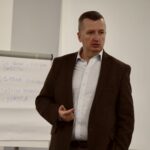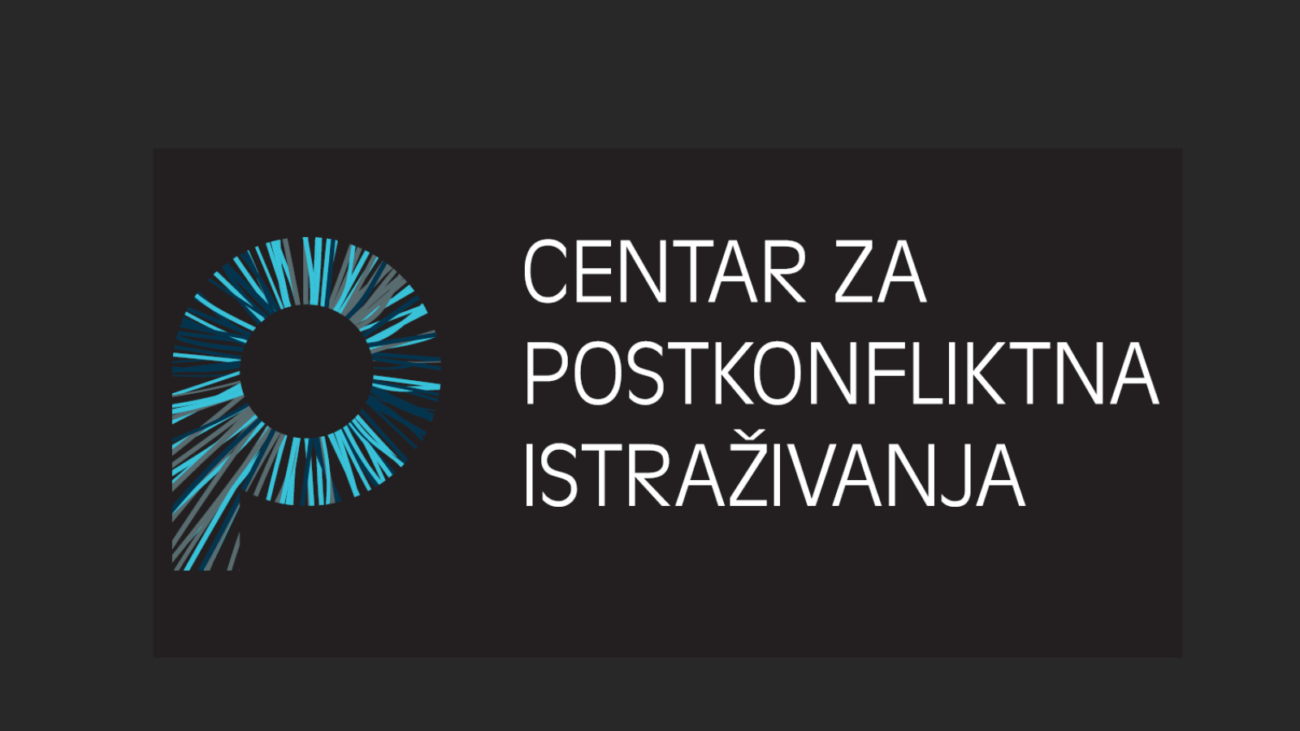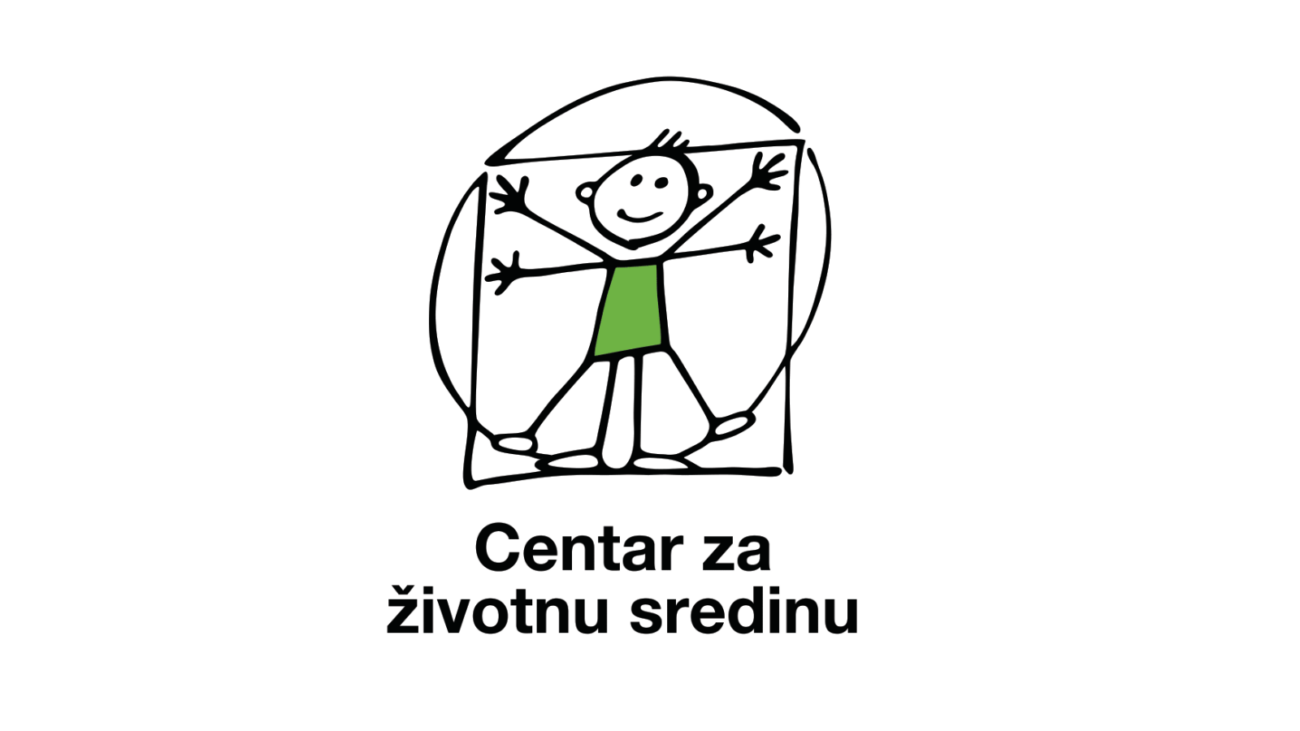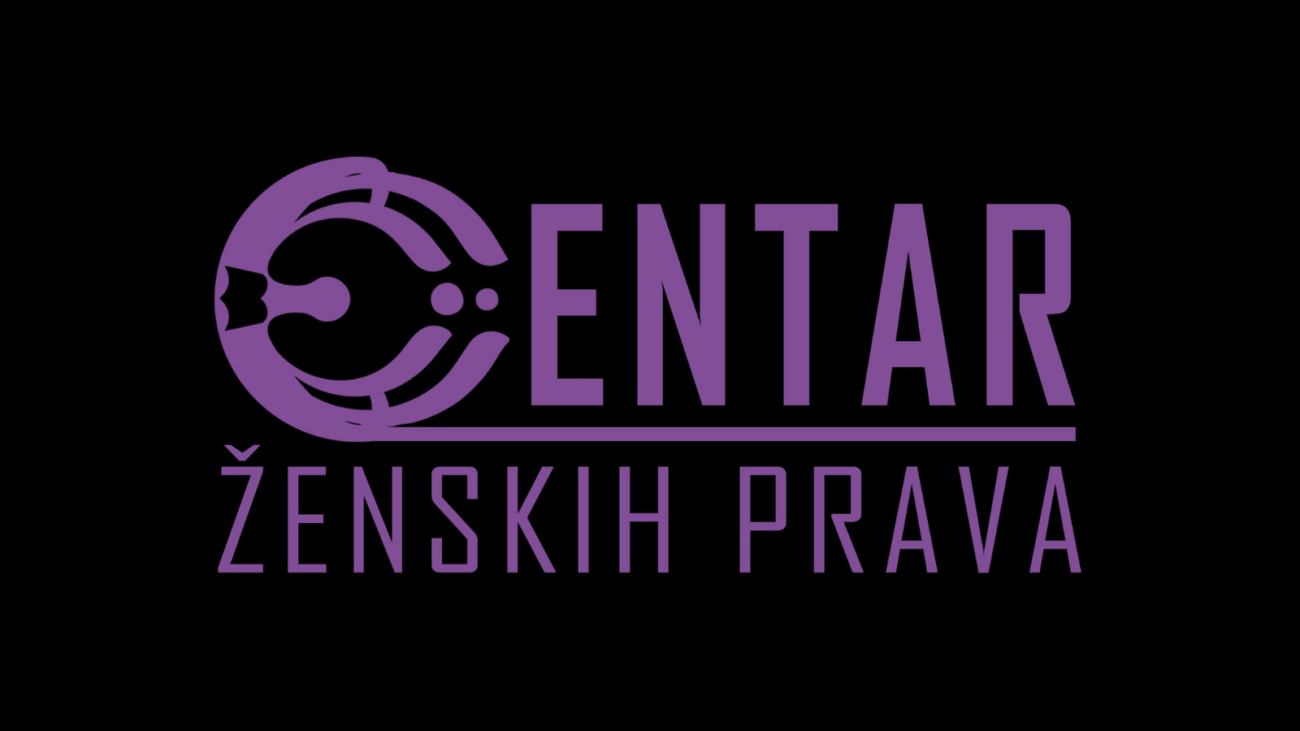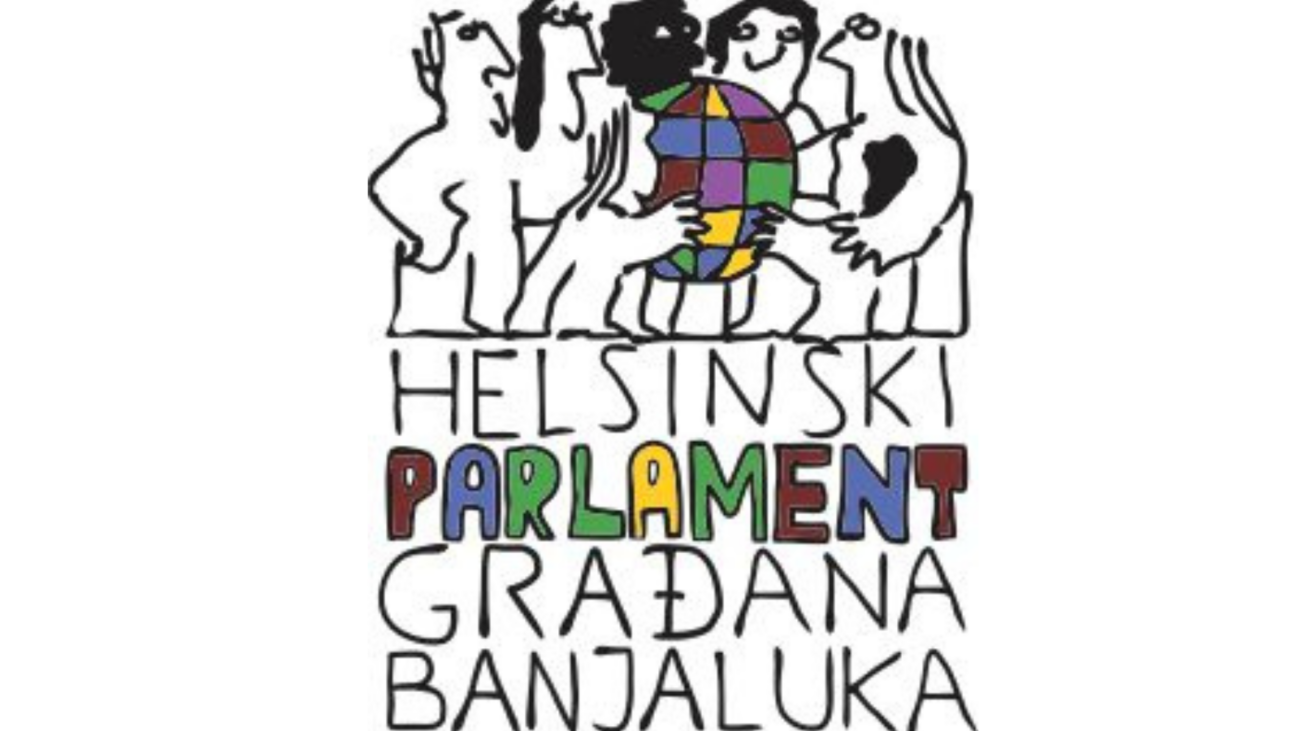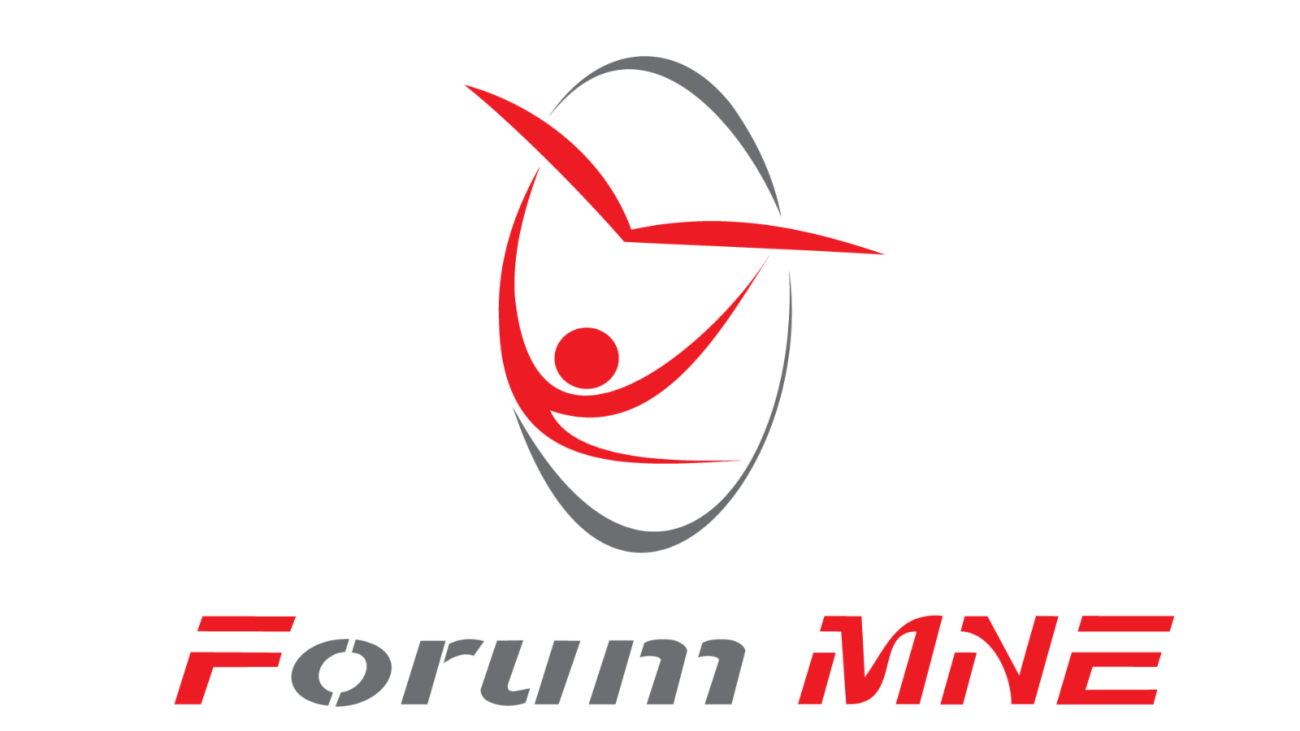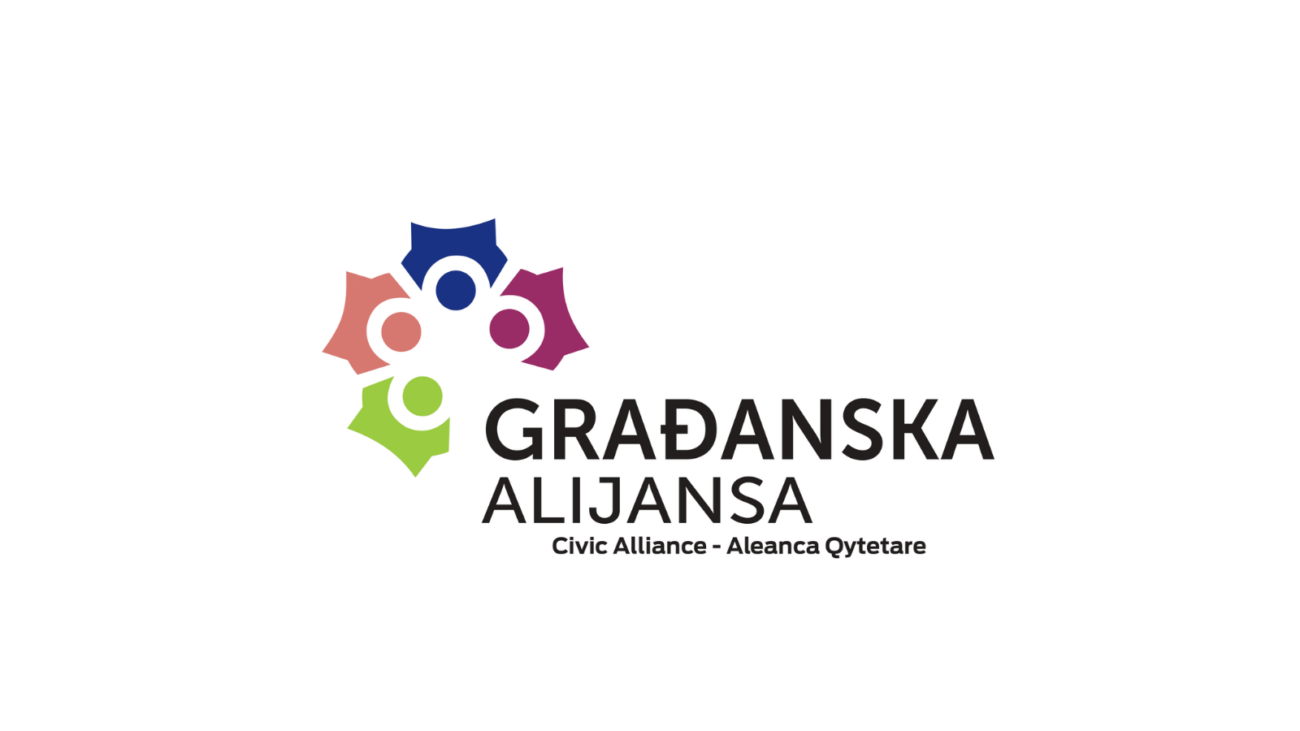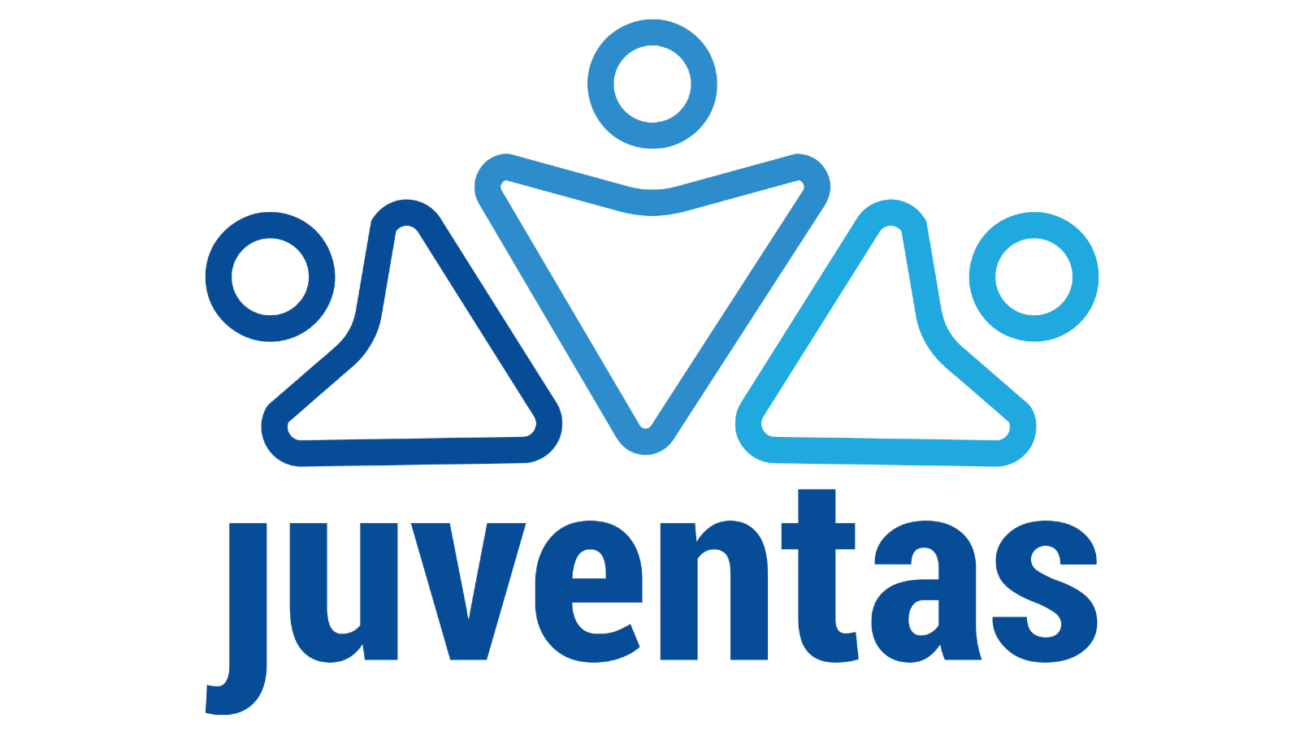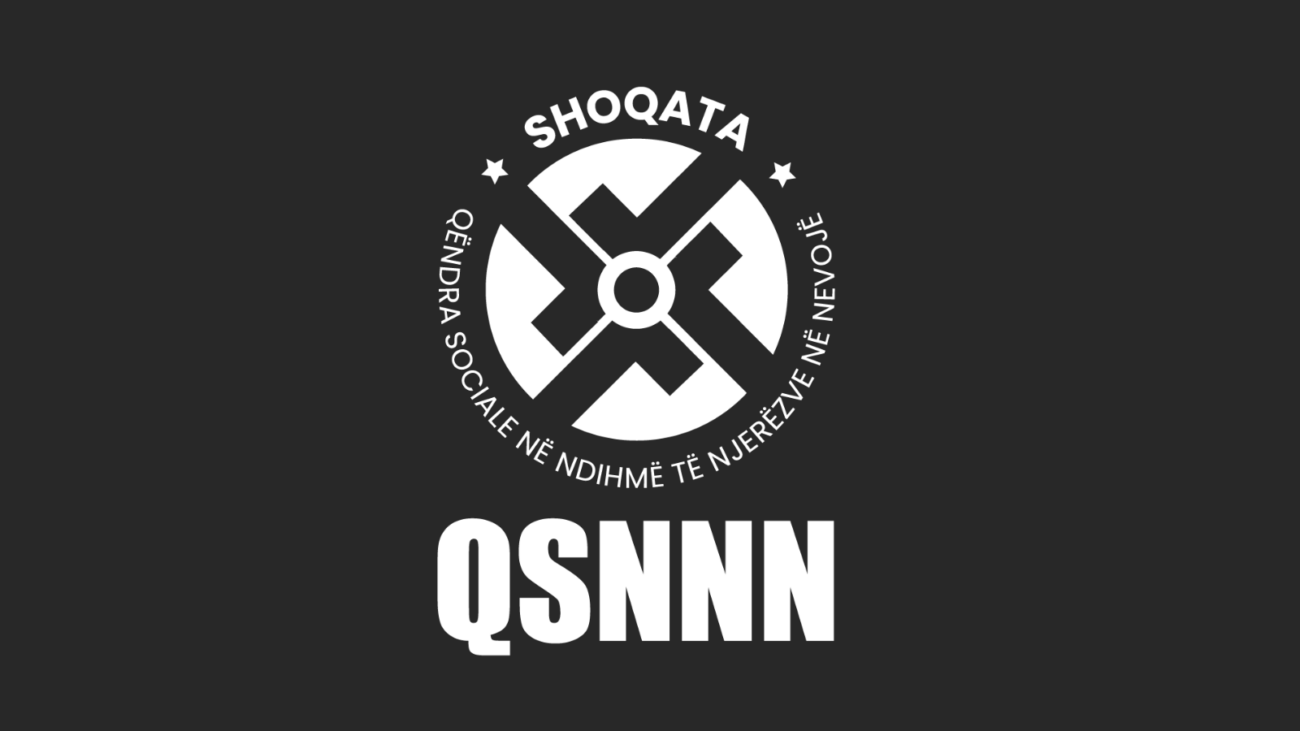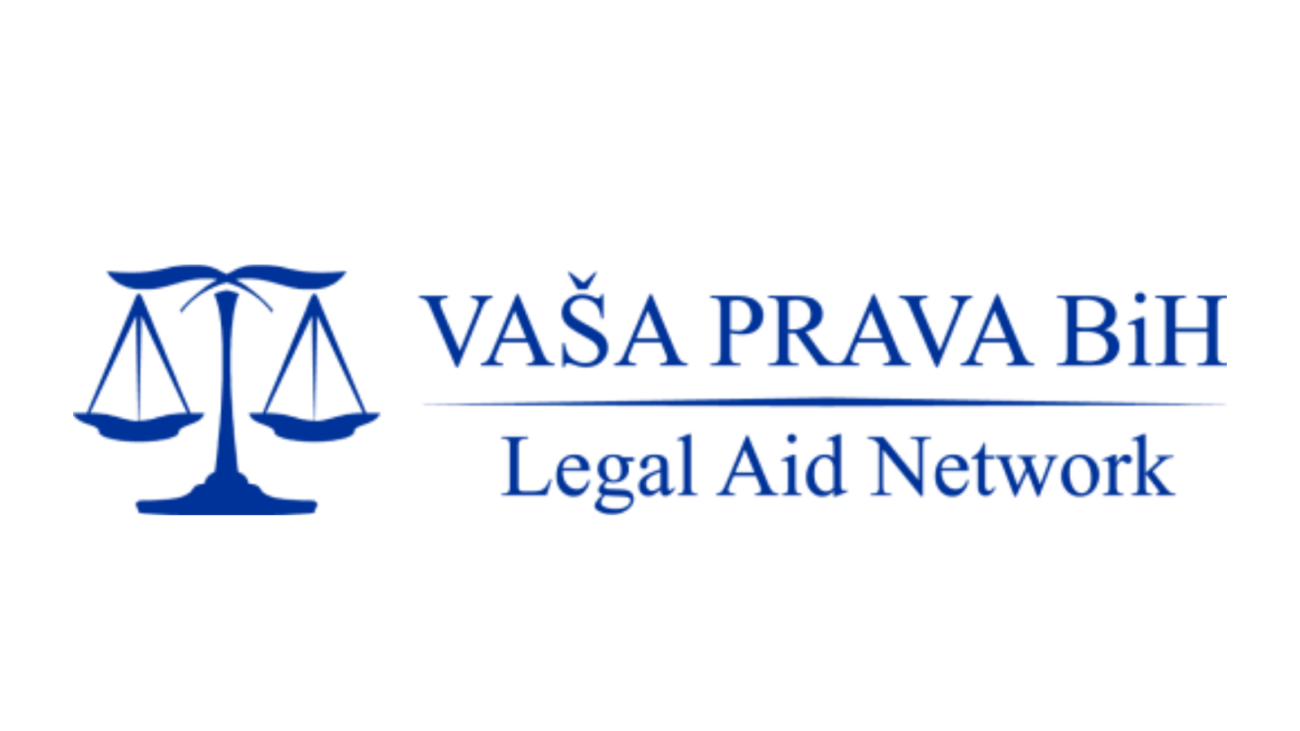As part of the SMART Balkan project, a two-day training session on “Understanding the role of CSOs in the EU integration process: where, when, and how to work in the field of security and stability in all accession chapters” was organized on December 11 and 12, 2023, in Sarajevo.
Targeted at civil society organizations in Bosnia and Herzegovina, the training aimed to familiarize them with the role and potential for their direct contribution to the EU integration process, particularly in terms of security. The trainer and guest lecturers included Ph.D. Nedžma Džananović, Ph.D. Lejla Ramić-Mesihović, Ph.D. Sead Turčalo, and Ph.D. Eldan Mujanović.
Trainer Nedžma Džananović presented thematic areas covering security and defense, energy security, corruption, and migrations. During the training, attention was also given to other crucial security aspects. She emphasized that the engagement of civil society in EU integrations requires credibility and competence, highlighting the need for solidarity and mutual cooperation among civil society organizations.
Ph.D. Sead Turčalo compared key aspects of energy security between the European Union (EU) and Bosnia and Herzegovina, emphasizing the importance of reliable, adequate, consistent, and environmentally friendly energy supply. The significance of the EU regulatory framework as a tool for geopolitical action in the energy sector was particularly highlighted.
In an interactive and dynamic atmosphere, participants reexamined existing knowledge and acquired numerous new skills and insights.
“Through this training, I deepened my existing knowledge and gained additional necessary information regarding Bosnia and Herzegovina’s obligations in the context of citizen security from the perspective of prevention, i.e., reducing the misuse of psychoactive substances. This will help our organization better support the state and our citizens in the process related to the mentioned perspective,” emphasized Amir Hasanović from the Association for the Prevention of Addiction NARKO-NE.

Through its training component and other program activities, SMART Balkans, which is implemented by the Centar za promociju civilnog društva (CPCD) in partnership with Center for Research and Policy Making (CRPM) from North Macedonia and the Institute for Democracy and Mediation (IDM) from Albania, continuously strengthens the capacities of civil society organizations in the Western Balkans with the financial support of the Norwegian Ministry of Foreign Affairs.

